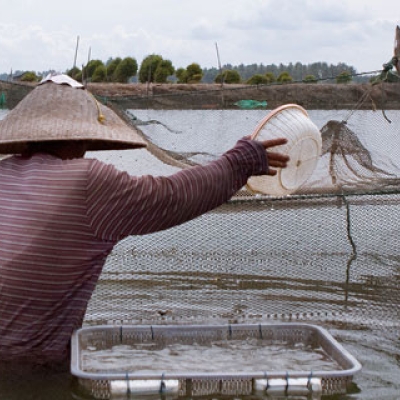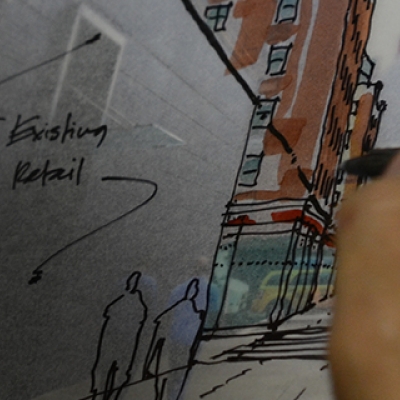
The Rush for Blue Gold Peaks
By Admin / On July 15th, 2013
Lester Brown of The Observer and Preside of the Earth Policy Institute explores the future of agriculture as our dependence on water hits its peak.
Peak oil has generated headlines in recent years, but the real threat to our future is peak water. There are substitutes for oil, but not for water. We can produce food without oil, but not without water.






